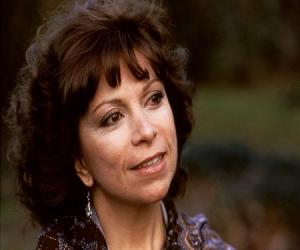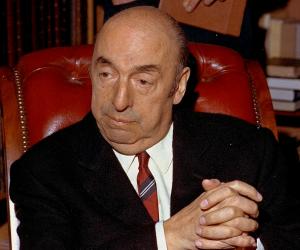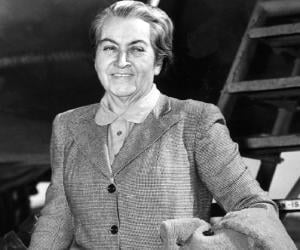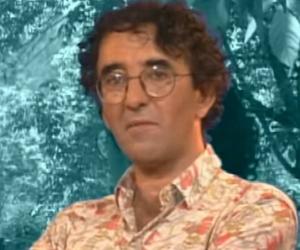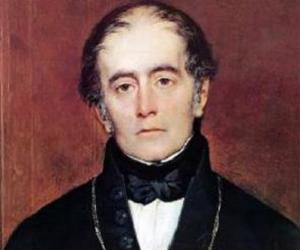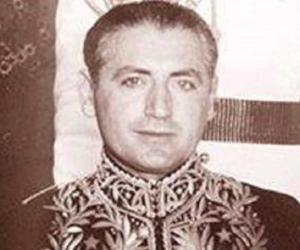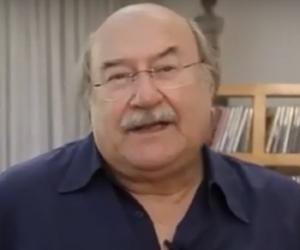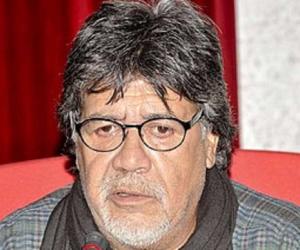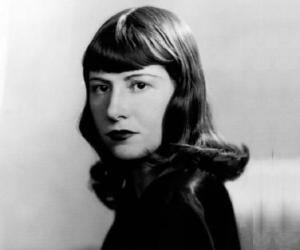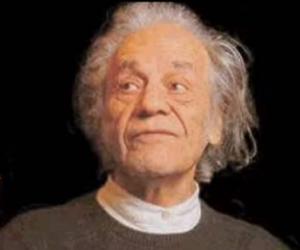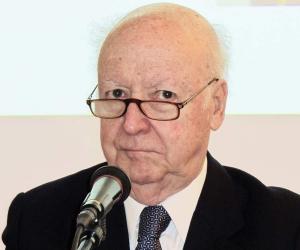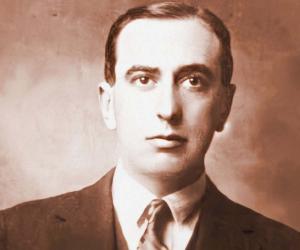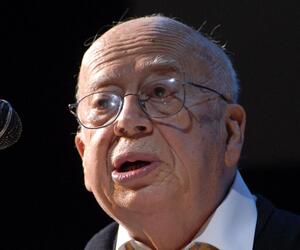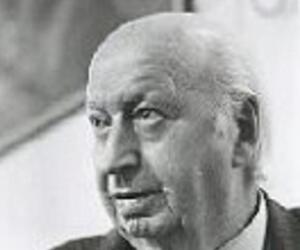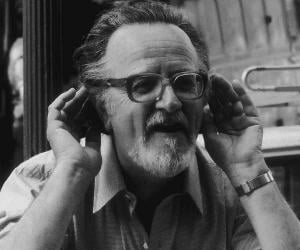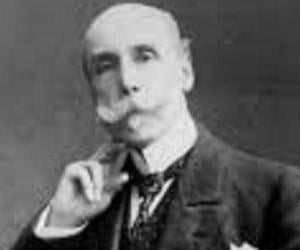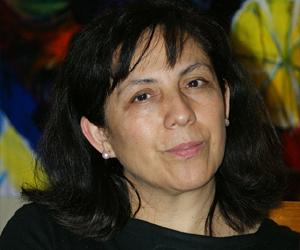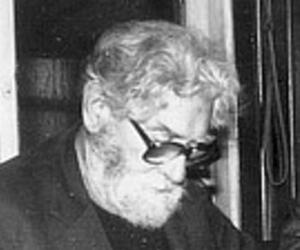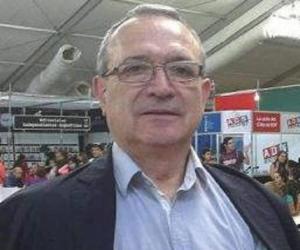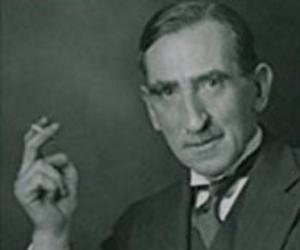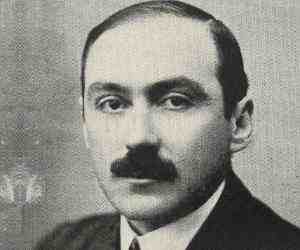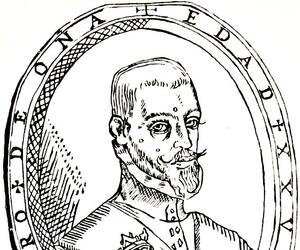1
Isabel Allende
(Chilean-American Author Known for Her Novels: ‘The House of the Spirits’ and ‘City of the Beasts’)
Birthdate: August 2, 1942
Sun Sign: Leo
Birthplace: Lima, Peru
Isabel Allende is a Chilean-American writer acclaimed for her novels blending magical realism with historical events. She is best known for works like "The House of the Spirits" and "City of the Beasts," which have garnered commercial success. Allende is recognized as one of the most widely read Spanish-language authors worldwide. She has received prestigious awards such as the Presidential Medal of Freedom and Chile's National Literature Prize. Allende's novels often center on the lives of women, intertwining elements of myth and realism based on her personal experiences.
